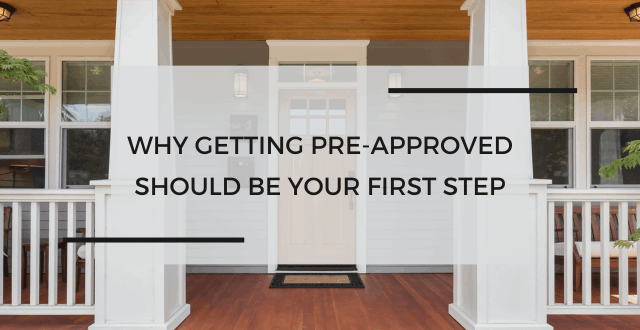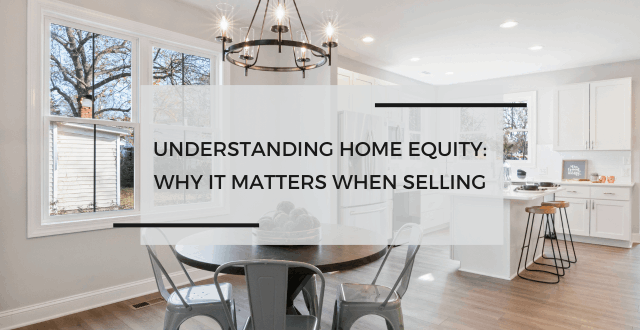
How Lower Mortgage Rates Can Boost Your Buying Power
If you’re in the market to buy a home, you’ve likely been paying close attention to mortgage rates. That’s because these rates play a pivotal role in determining how much house you can afford, directly impacting your purchasing power. Here’s what you need to know about the current landscape of mort

Why Getting Pre-Approved Should Be Your First Step
In many markets across the country, the number of buyers searching for their dream homes greatly outnumbers the number of homes for sale. This has led to a competitive marketplace where buyers often need to stand out. One of the most effective ways to show you are serious about buying your dream ho

How Fast Will Your Home Sell in the 2024 Market?
Selling a house can be a daunting process, especially in today's ever-changing market. As we move through 2024, several key factors are influencing how quickly homes are selling. This blog will explore the growing supply of homes for sale, how this trend is impacting listings today, and why working
Categories
Recent Posts










Prompt and professional service is our guarantee.
Our goal is to be informative and helpful. Through our service we hope to earn your business with our exemplary level of service and extensive local knowledge of the Central Maryland area.

